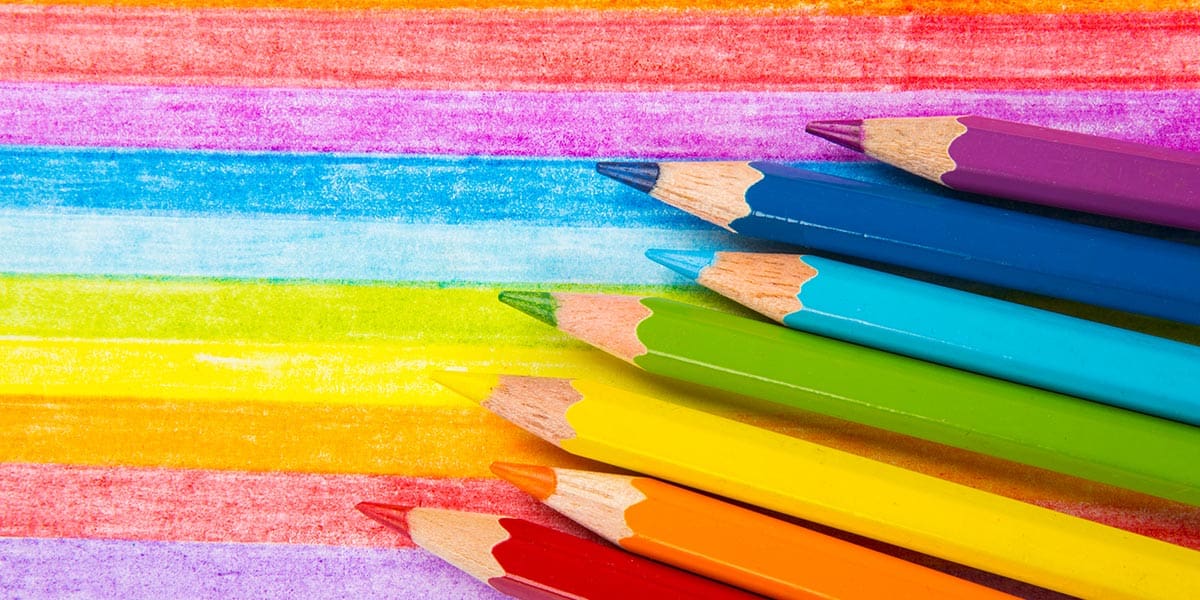Western Cape LGBTQIA+ school guidelines “flawed”

Education groups say that proposed guidelines aiming to support LGBTQIA+ learners in Western Cape schools, while very necessary, are flawed.
The Western Cape Department of Education’s (WCED) Draft Guidelines on Gender Identity and Sexual Orientation in Public Schools are believed to be a first in South Africa, and aim to create an LGBTQIA+ affirming, safe and inclusive environment in the province’s schools.
In a joint statement, however, Equal Education (EE) and the Equal Education Law Centre (EELC) said they are “deeply concerned” that, in their current form, the guidelines have “critical flaws” and “will not properly protect the rights of LGBTQIA+ learners.”
EE and EELC said that two earlier versions of the much-needed guidelines “failed to address questions relating to sexual orientation and gender identity with sensitivity” and “were full of highly problematic language.”
The latest version of the draft guidelines, which were recently shared with a small number of academics and organisations who previously submitted comments, have addressed some of the problems, but the groups’ biggest concerns remain.
The draft guidelines, for example, use “vague language” and do not clearly state learners’ rights – such as the right to equality, dignity, privacy and basic education – and do not recognise that these rights are not negotiable.
Instead, say the groups, the clauses that address issues such as access to bathrooms, dress code, school outings and hostel accommodation, indicate that schools “may” or “are encouraged” or “recommended” to support learners, which seem to depend mostly on the judgement of the school.
LGBTQIA+ learners are portrayed as a “matter” to be dealt with
The guidelines also suggest that schools should consider the opinions of other learners and parents, before deciding to accommodate LGBTQIA+ learners, “creating the impression that the rights of LGBTQIA+ learners are subject to the opinions of others, and not protected in our Constitution.”
In addition, EE and EELC are concerned that the guidelines continue to require LGBTQIA+ learners to disclose their identity to the school for them to be supported. The organisations instead believe that “schools should assume that learners at their school fall within the full spectrum of gender identities and sexual orientations.”
Therefore, they argue, schools must be directed to proactively develop inclusive approaches to, for instance, dress codes and bathroom facilities (among other things), which do not require special permission from the school. As an example, schools can develop a uniform policy that allows learners to choose any combination of clothes that form part of the school uniform.
The EE and EELC further state that the draft guidelines still contain language that is “disempowering and vilifies LGBTQIA+ learners”. LGBTQIA+ learners are portrayed as a “matter” to be dealt with and language such as “risk assessments” create the impression that these learners are somehow a threat to their peers.
The draft guidelines also suggest that any learner who speaks to the school about their gender identity or sexual orientation must be referred to a psychologist, without consideration of whether the learner wants, or needs, counselling. This approach, say the groups, does not consider the need for children to be an essential part of decision-making processes.
The groups believe that the final document should be adopted as a policy, not just as guidelines, noting that guidelines have less authority and are harder to enforce. “The draft guidelines are more like suggestions than firm directions to schools,” they explained.
“These are all dangerous fundamental flaws that seriously undermine the purpose of the draft guidelines – which is to create education spaces that are free from discrimination and stigma,” explained EE and EELC.
They added that these problems may lead to the guidelines, and the decisions they inform, being challenged in court. They have now submitted a third round of feedback on the document to the WCED, which they hope will be implemented.
“We urge the WCED to do better by reconsidering the substance of these draft guidelines, extending the period of public consultation and meaningfully incorporating the feedback it has received, before publishing a final version,” said the organisations.
Leave a Reply